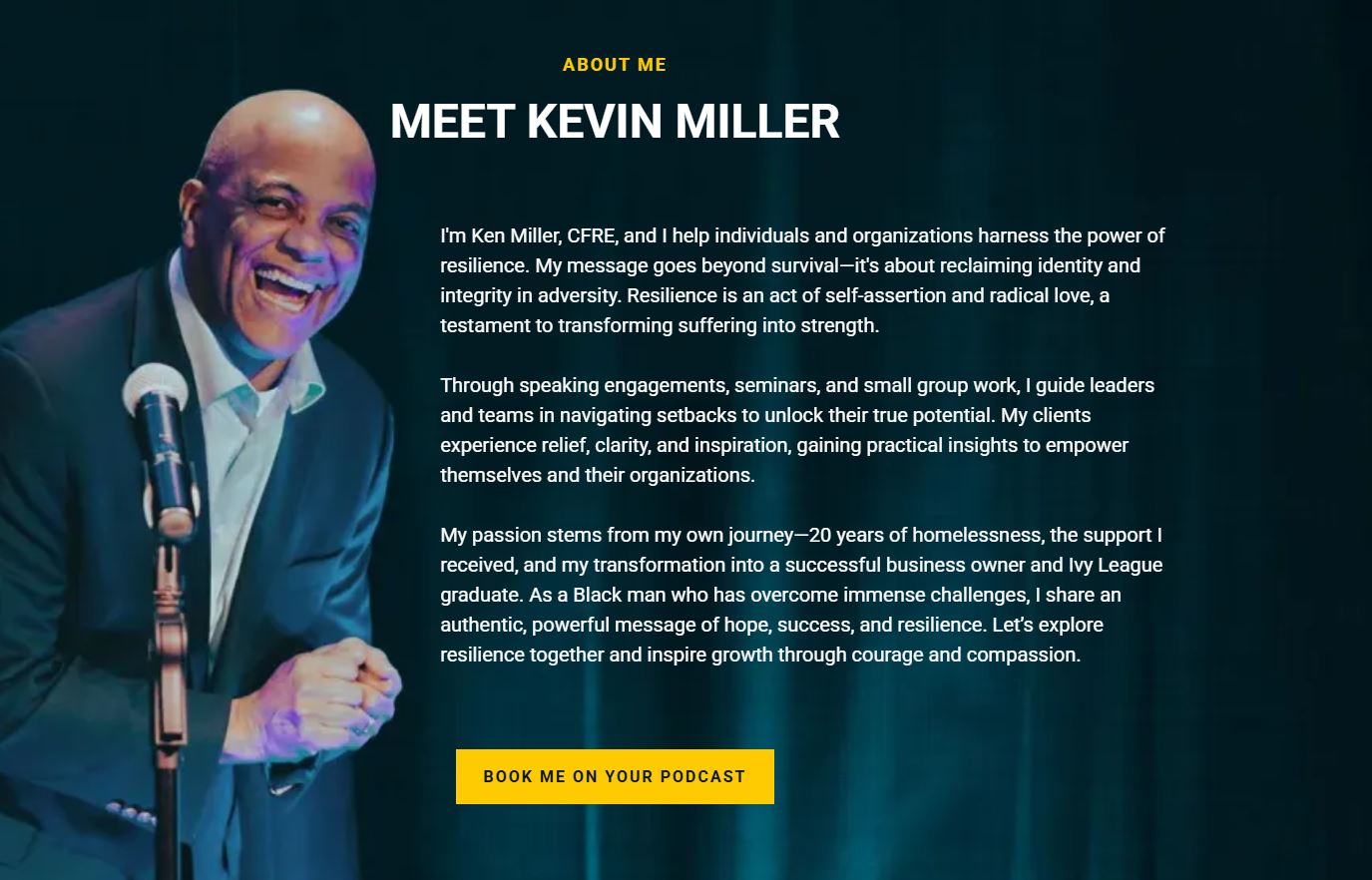We’re looking forward to introducing you to Ken Miller. Check out our conversation below.
Ken, so good to connect and we’re excited to share your story and insights with our audience. There’s a ton to learn from your story, but let’s start with a warm up before we get into the heart of the interview. Would YOU hire you? Why or why not?
If I’m being honest with myself—yes, I would hire me. Here’s why: I show up with authenticity, resilience, and a proven ability to adapt and overcome. I’ve lived through rock bottom moments, and instead of being defined by them, I’ve turned them into fuel for growth. That kind of resilience isn’t something you can teach from a textbook—it’s earned.
I would hire me because I bring both professional skill and lived experience to the table. I don’t just talk about leadership, truth, or perseverance—I embody them. People know they can count on me to follow through, stay steady under pressure, and lead with honesty.
If there’s a “why not,” it would be that I’m always pushing for improvement. I challenge myself and those around me to grow, and not everyone is comfortable with that kind of accountability. But if you want someone who is committed, driven, and real—I’m absolutely someone I’d hire.
Can you briefly introduce yourself and share what makes you or your brand unique?
My name is Ken Miller, and my journey has been anything but ordinary. I went from addiction and incarceration to becoming an author, speaker, and entrepreneur dedicated to helping others turn their greatest struggles into their greatest strengths. Through my book, Becoming Ken: From Prison to Purpose, I share how truth and resilience can transform a life. Today, I lead several ventures, including Ken Miller Speaks, Denali FSP, and AIVAlution LLC, each rooted in service, leadership, and innovation. What makes my work unique is that it’s not just theory—it’s lived experience. I’m passionate about equipping people and organizations to embrace authenticity, build resilience, and unlock purpose in both life and leadership.
Okay, so here’s a deep one: Who were you before the world told you who you had to be?
Before the world told me who I had to be, I was a curious, hungry kid who believed education and hard work would open every door. I was ambitious in the best sense — dreaming big, reading everything I could, and convinced that effort and promise would naturally equal success. I loved ideas, connection, and the feeling that I could make something better for myself and the people around me.
I carried that optimism into an Ivy League education and thought I was on a straight path. I wasn’t yet hardened by failure or shame; I was still figuring out who I was beneath the labels other people were handing me. I wanted to be proud of my family, to prove I belonged, and to use whatever advantages I had to do meaningful work.
Then life got complicated. Poor choices, addiction, and circumstances stripped away those external markers of identity. What I lost forced me to reckon with who I actually was when the applause and credentials were gone. That painful blank space turned out to be the most honest place I’ve ever lived.
Today, who I was — curious, hungry, hopeful — informs who I am: a man who values truth over image, service over status, and steady work over performative success. I show up now intentionally, not to prove something to the world, but to offer proof to anyone who needs it that you can rediscover yourself and choose a life of purpose.
Was there ever a time you almost gave up?
Yes. There were moments when I came very close to giving up — not dramatically cinematic, but quiet, grinding hopelessness that felt like it would never end. In the depths of addiction and then in the isolation of incarceration, I hit a place where the future felt like a closed door and the past like a weight I couldn’t lift. It was easy to believe the lie that I was beyond repair, that my story was finished and my chances were gone.
What kept me from fully surrendering was a series of small, stubborn choices and the people who refused to let me disappear. A counselor who asked the hard questions, a fellow prisoner who showed me how to read my own heart honestly, and a few letters from people who said they still believed in me — those small lights punctured the dark. I began to make one tiny decision at a time: show up to a meeting, read something that nourished me, admit the truth out loud. Those incremental acts added up.
The real turning point was deciding — deliberately — to own my choices. Not to excuse them, but to stop letting them define me. That shifted everything: accountability became a tool, not a punishment. The work was slow and ugly and full of setbacks, but it was work I could do. Over time those small acts of effort and honesty rebuilt a life I once thought lost.
If there’s anything I’d tell someone in that place, it’s this: giving up erases the possibility of who you might become. Reach for one small thing — a conversation, a meeting, a page in a book — and keep going. Help matters. Accountability matters. And sometimes the bravest thing you can do is ask for a hand when your legs can’t carry you.
I think our readers would appreciate hearing more about your values and what you think matters in life and career, etc. So our next question is along those lines. Is the public version of you the real you?
The public version of me is the truest parts of who I am: my commitment to recovery, my belief in second chances, the lessons I learned and now teach in Becoming Ken. On stage and in interviews I choose to share specific moments of truth because they help others heal, and those stories are real and earned.
That said, the public Ken is also a curated version. I don’t broadcast every private struggle, every doubt, or the messy day-to-day work of staying well and leading a life of purpose. Boundaries matter. There are friendships I protect, family moments I keep sacred, and vulnerabilities I only share when they serve the work and the people I’m trying to help.
Why the difference? Because authenticity isn’t the same as total exposure. Being authentic means speaking my truth responsibly — not oversharing for attention, but being honest enough that people can see themselves in the story and be encouraged to change. The public persona is my magnifying glass: it highlights lessons, not every scar.
My aim is to keep narrowing the gap between the two. I want audiences to meet the real me — the imperfect, accountable human doing the work — while also maintaining the privacy and stability that allow me to keep doing that work. When those align, the message lands harder and the work lasts longer.
Okay, so before we go, let’s tackle one more area. What will you regret not doing?
What I’ll regret not doing is failing to fully use the second chance I was given — not for myself so much as for the people who still think their past writes the rest of their story. I’d regret not showing up when someone needed proof that change is possible: a talk I skipped, a conversation I didn’t have, a program I didn’t support because I was too busy or too proud.
I’d also regret shrinking my voice out of fear — not saying the hard things, not telling the whole truth when it mattered, or softening the lessons so they’re more comfortable for me to deliver. The safer route rarely changes lives; the honest, messy route does.
Finally, I’d regret not leaving behind tools and opportunities for others to keep going after I’m gone: the mentorships I didn’t start, the systems that could’ve helped nonprofits thrive, or the stories left untold that might have lit the way for someone else. So I try to live with urgency and humility — to speak, to serve, and to build things that outlast me.
Contact Info:
- Website: https://www.kenmillerspeaks.com
- Instagram: https://www.instagram.com/thekenmillerspeaks/
- Linkedin: https://www.linkedin.com/in/kenmiller84
- Twitter: https://x.com/kenmillerspeaks
- Facebook: https://www.facebook.com/ken.miller.10420321
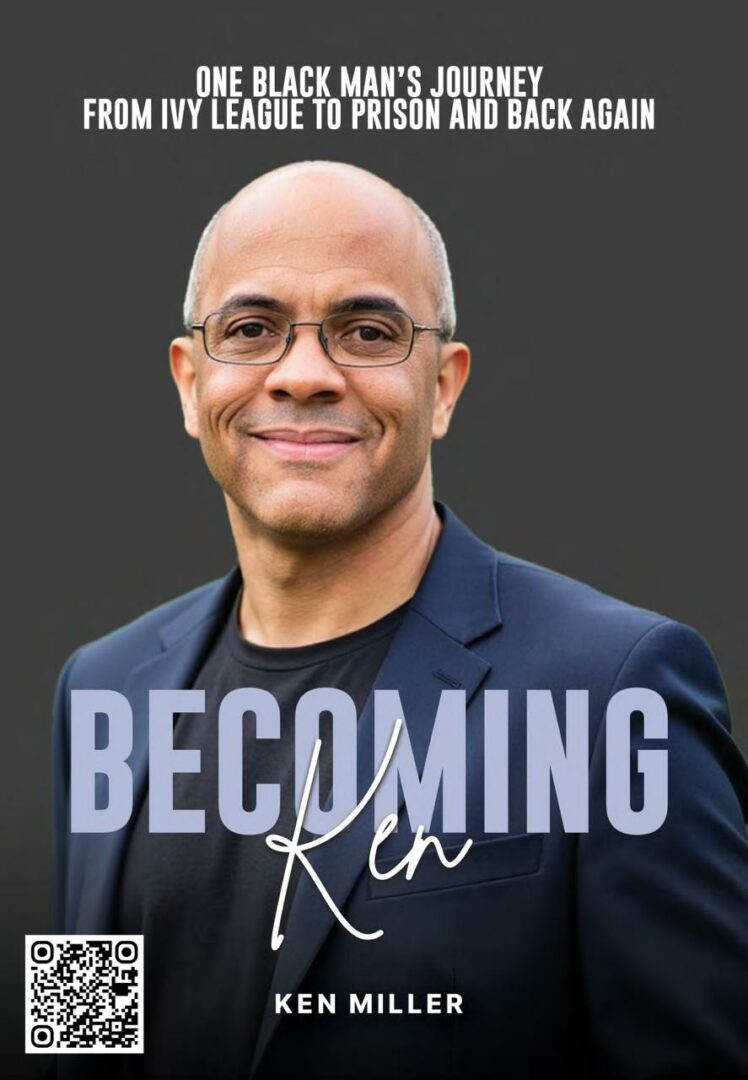
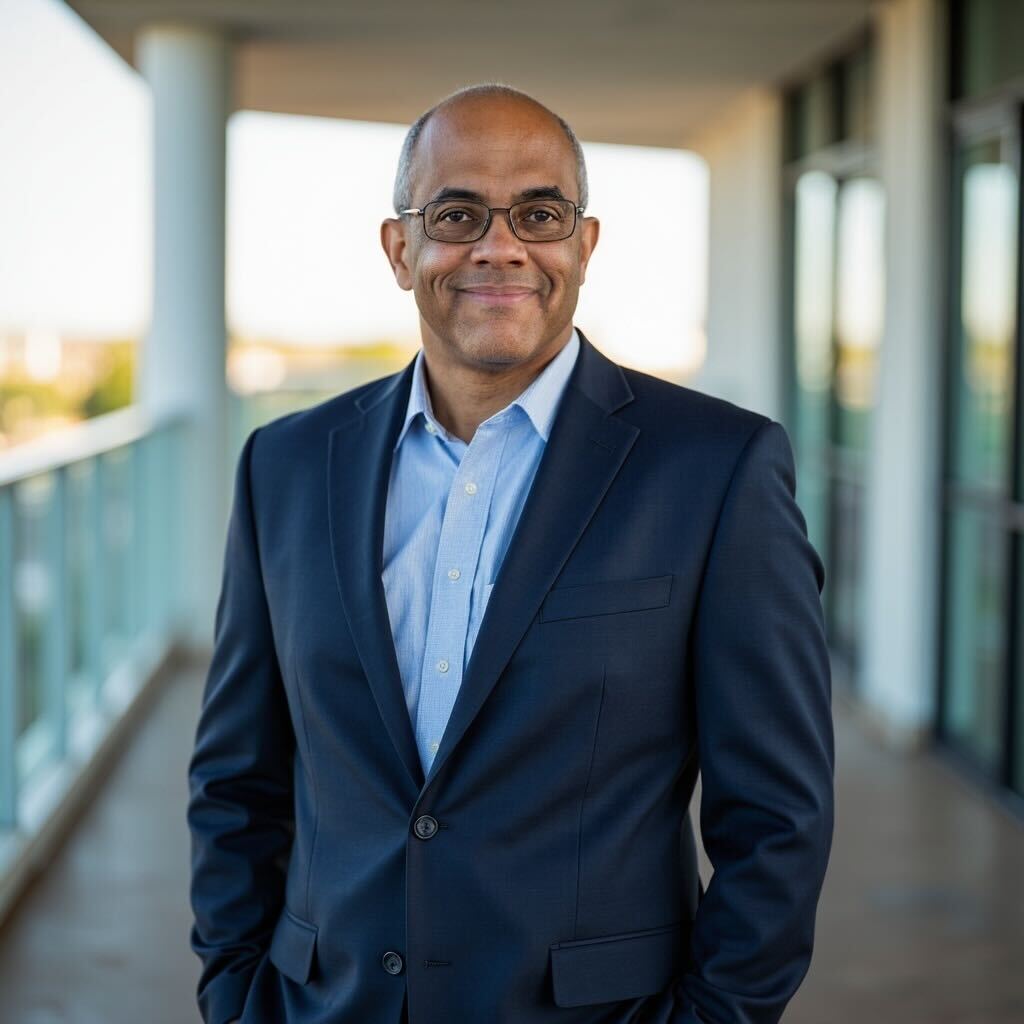
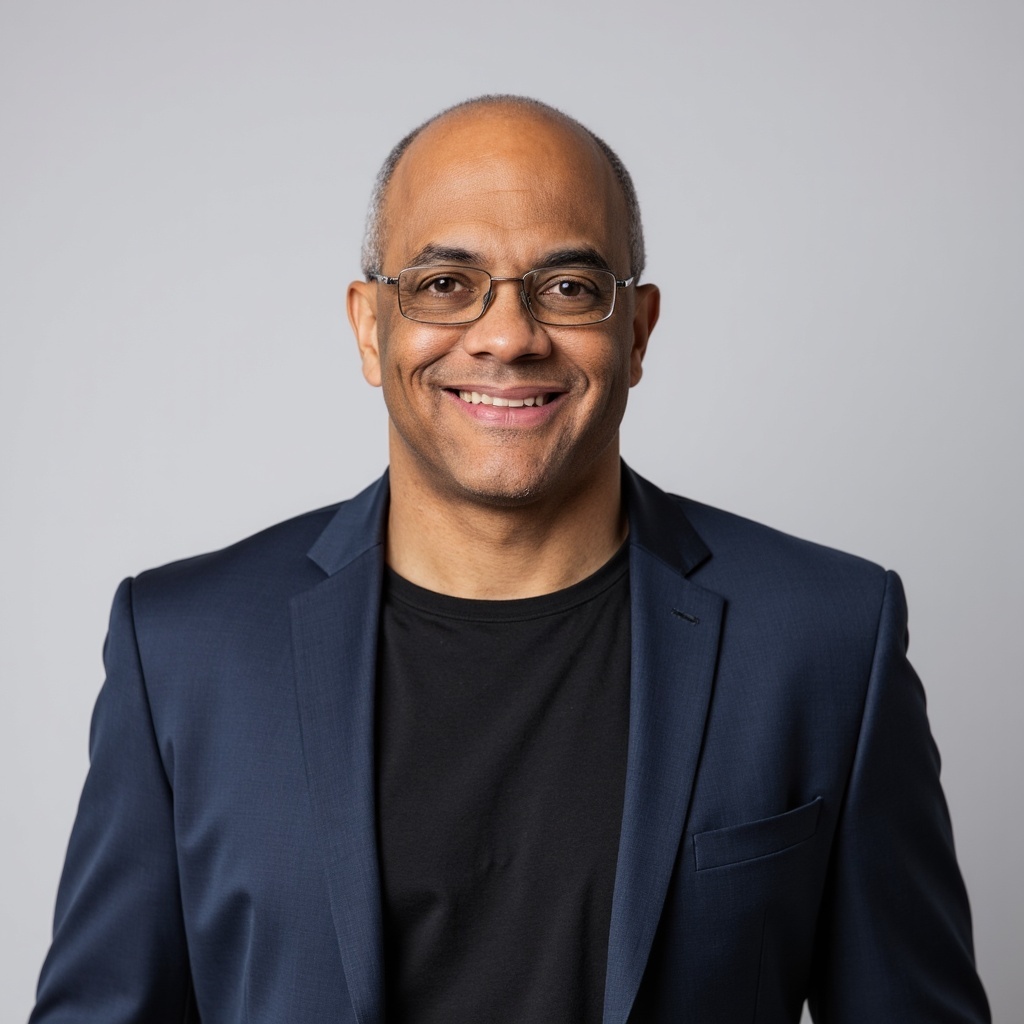
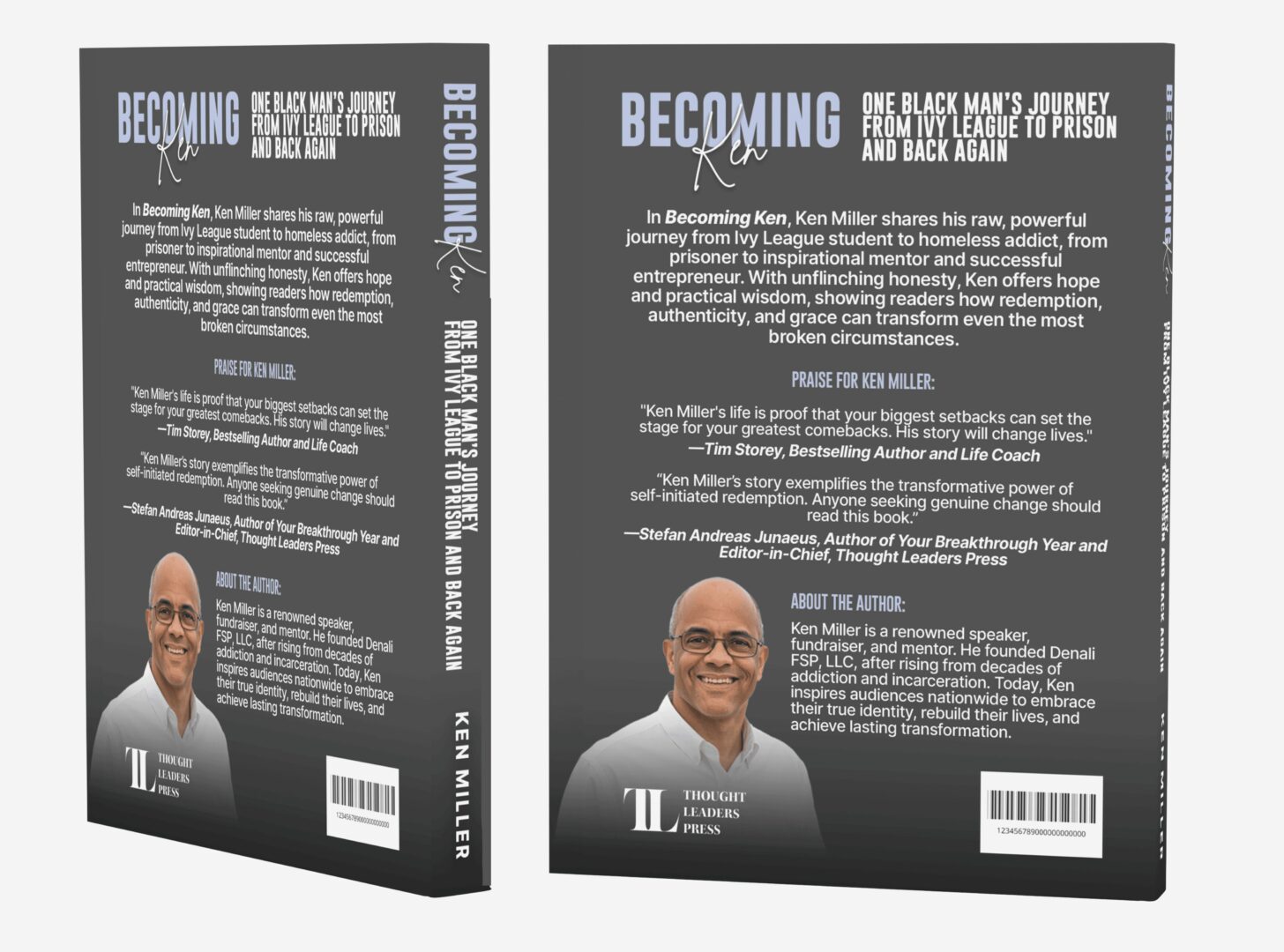
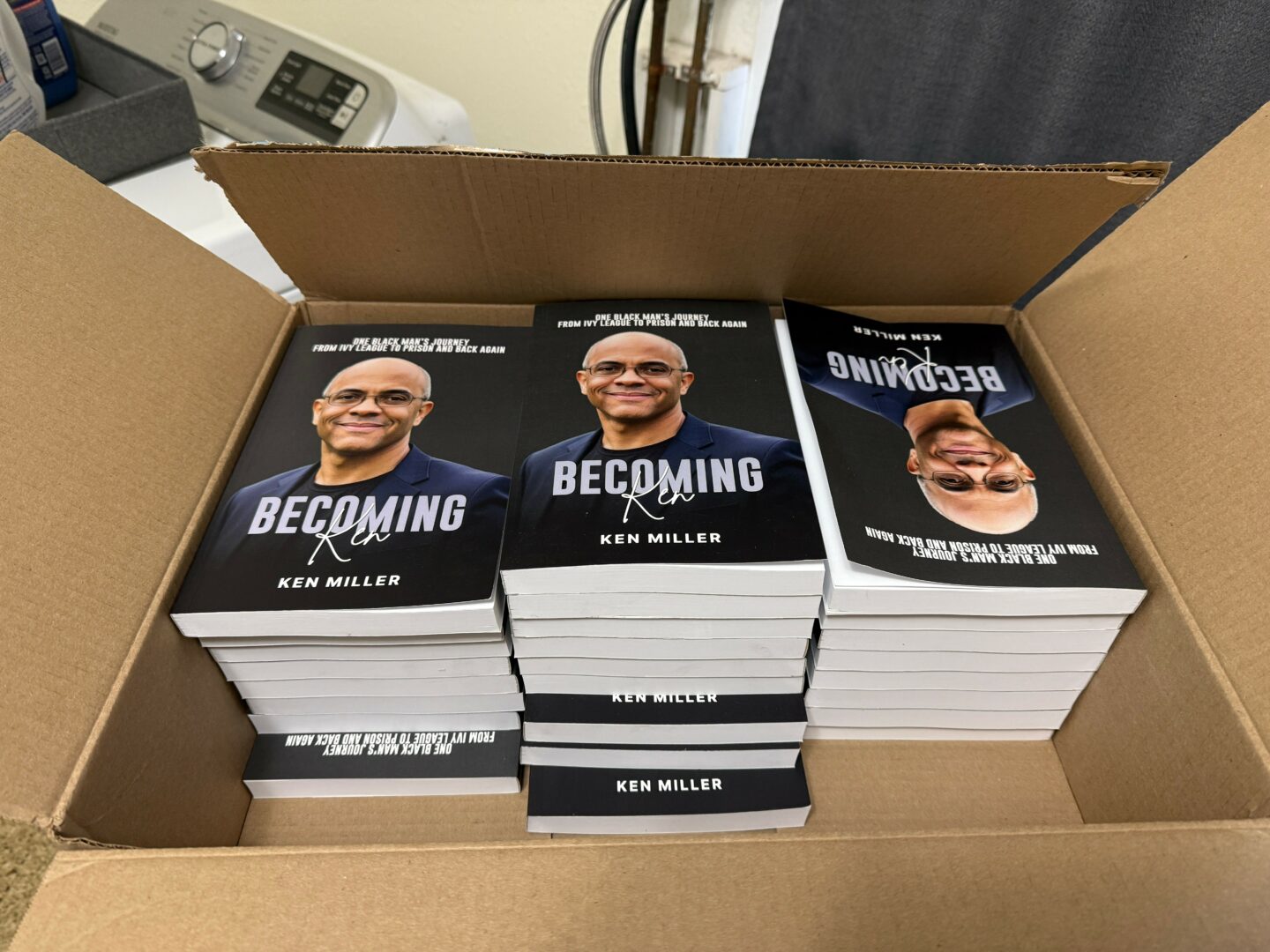
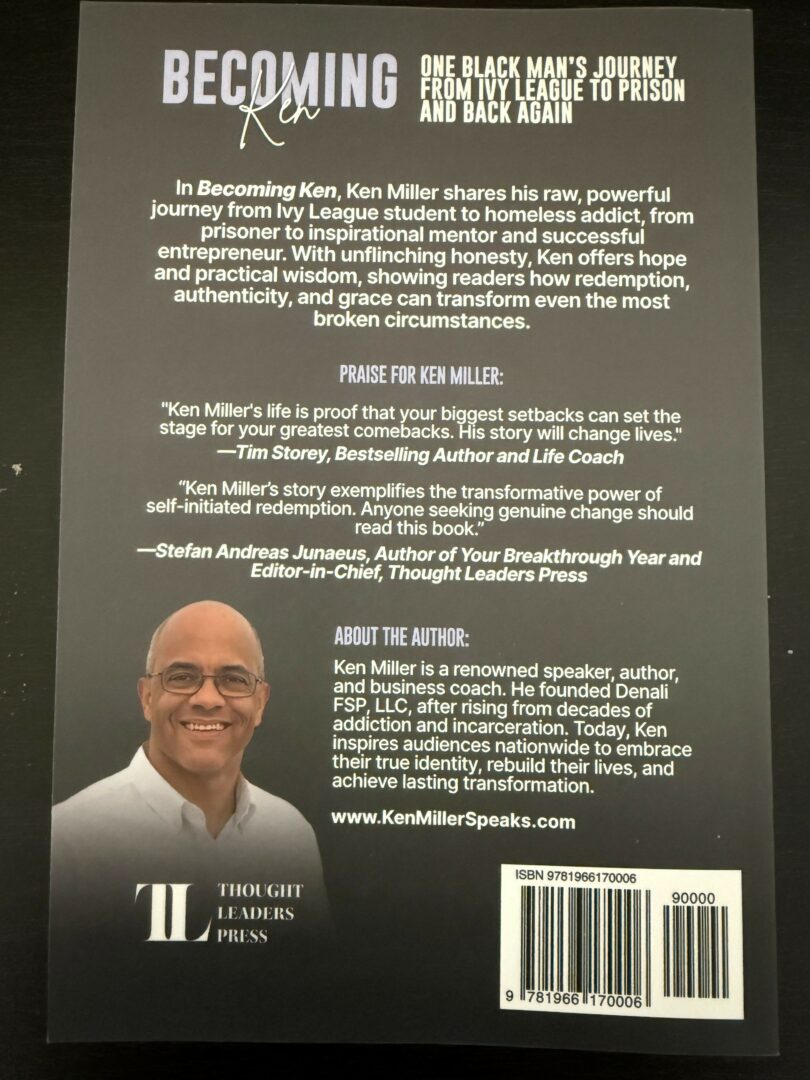
so if you or someone you know deserves recognition please let us know here.

